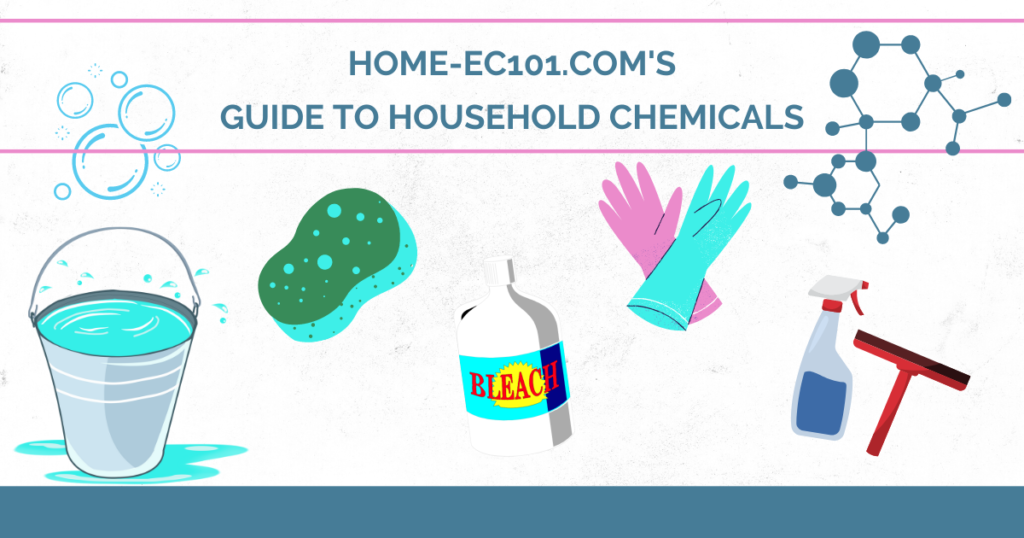Dear Home-Ec 101,
So I found your article looking for some ideas for dealing with our hard water issues here in Florida. I’m in school for biomed engineering, so I appreciated the explanations you gave. I have a question and thought about your background. You might know the answer or know which direction to point me in.
My question is, what would the ideal profile of the water be in pH, hardiness, total alkalinity or buffering, etc…? I would assume a pretty neutral pH and low as I could get hardness concentrations, but in my experiments with a full tub and mixed water, soap and softening agents, I seem to always be trading one ideal at the expense of another. Borax and washing soda soften the water, but I notice the pH rises pretty high. Vinegar brings the pH down, but at that point, laundry has turned into a chem lab. I’d welcome any advice or insight on the chemistry that would or wouldn’t be beneficial.
Signed,
Al Kaline


Heather says,
Laundry doesn’t happen in a vacuum. It happens in a washing machine. Ha?

In all seriousness, though, the law of diminishing returns definitely comes into play when you’re trying to get optimal laundry conditions. The amount of effort you’re putting in will exceed the improvement in performance at some point.
Optimal conditions for laundering for many commercial detergents is: In water that has a pH of around 10.5 and about 122°F ( 50°C).
It is absolutely okay that your efforts to reduce the hardness of your water increased the alkalinity of the water (raising the pH). Most soaps are alkaline in nature – we perceive alkaline things as feeling slippery or smooth. Part of your detergent’s job is to raise the pH of the water so that greases saponify – break down.
However, there is an important next step.
Leaving a layer of alkaline detergent on clothing is likely to irritate the skin, especially for people with sensitive skin. You don’t have to be “allergic” to be irritated. Now some chemicals are allergens, but a chemical doesn’t have to be an allergen to be an irritant. Make sense?
If I squirt lemon juice in your eye, your eye will be irritated by the acidity, even if you are not allergic to citrus fruits.
So how do we get rid of the alkaline detergent clinging to clothing in the wash water?
- We use enough water to ensure the clothing can agitate freely so the detergent can be rinsed away.
- We lower the pH (make it more acidic), so the detergent is more likely to be in solution rather than clinging to the clothing itself.
As a bonus, we human types tend to think acids feel soft. This is why vinegar can be used in the rinse cycle and seem like it acts as a fabric softener. It’s certainly not as effective as commercially produced softeners that contain other ingredients that coat the fibers of your clothing, but it does have an effect.
While leaving an alkaline substance on your clothing is bad for your skin, lowering the pH too much can weaken the fibers of your clothing and reduce its usable lifespan.
So, if you want to break out the litmus strips and test the pH of your washing machine, by all means, go ahead. Just don’t forget when you’re doing your calculations that the clothing will take up some of the volume of the washtub and that the residue of detergent on your clothing will act as a slight buffer as you attempt to lower the pH.
Yeah, science!
Send your domestic questions to helpme@home-ec101.com.

References:
- http://chemcollective.org/activities/tutorials/buffers/buffers3
- http://www1.lsbu.ac.uk/water/enztech/detergent.html
- http://www.americanborate.com/all-about-borates/borate-applications/borates-in-detergents/




